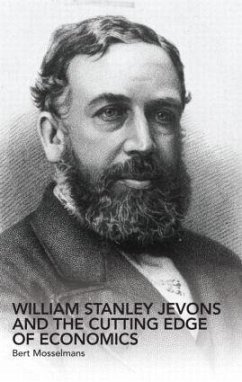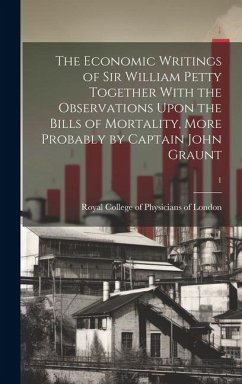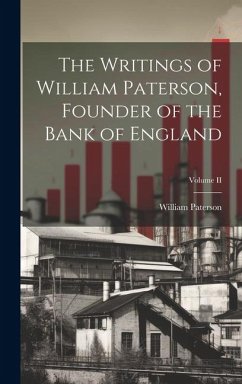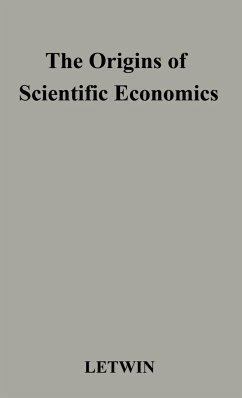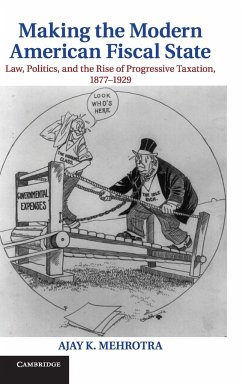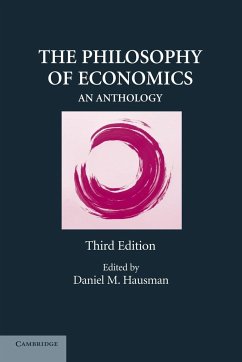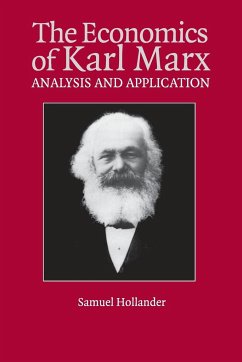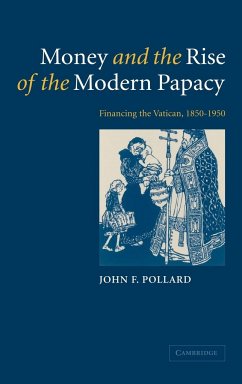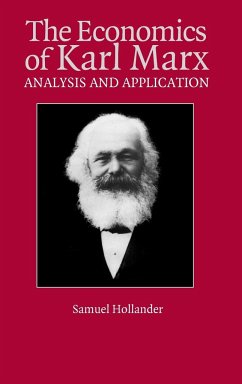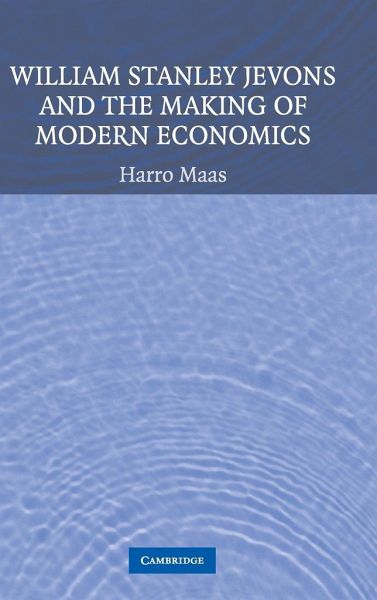
William Stanley Jevons and the Making of Modern Economics

PAYBACK Punkte
64 °P sammeln!
The Victorian polymath William Stanley Jevons (1835-82) is generally and rightly venerated as one of the great innovators of economic theory and method in what came to be known as the 'marginalist revolution'. This book is an investigation into the cultural and intellectual resources that Jevons drew upon to revolutionize research methods in economics. Jevons's uniform approach to the sciences was based on a firm belief in the mechanical constitution of the universe and a firm conviction that all scientific knowledge was limited and therefore hypothetical in character. Jevons's mechanical beli...
The Victorian polymath William Stanley Jevons (1835-82) is generally and rightly venerated as one of the great innovators of economic theory and method in what came to be known as the 'marginalist revolution'. This book is an investigation into the cultural and intellectual resources that Jevons drew upon to revolutionize research methods in economics. Jevons's uniform approach to the sciences was based on a firm belief in the mechanical constitution of the universe and a firm conviction that all scientific knowledge was limited and therefore hypothetical in character. Jevons's mechanical beliefs found their way into his early meteorological studies, his formal logic, and his economic pursuits. By using mechanical analogies as instruments of discovery, Jevons was able to bridge the divide between theory and statistics that had become more or less institutionalized in mid nineteenth-century Britain.





